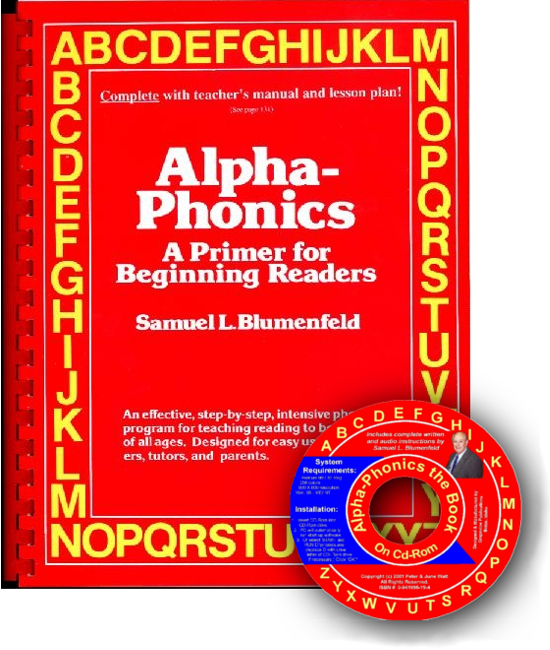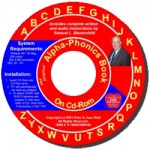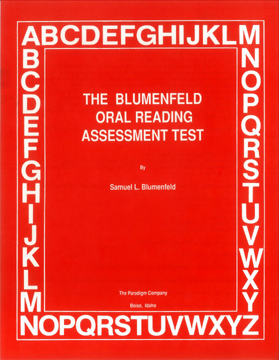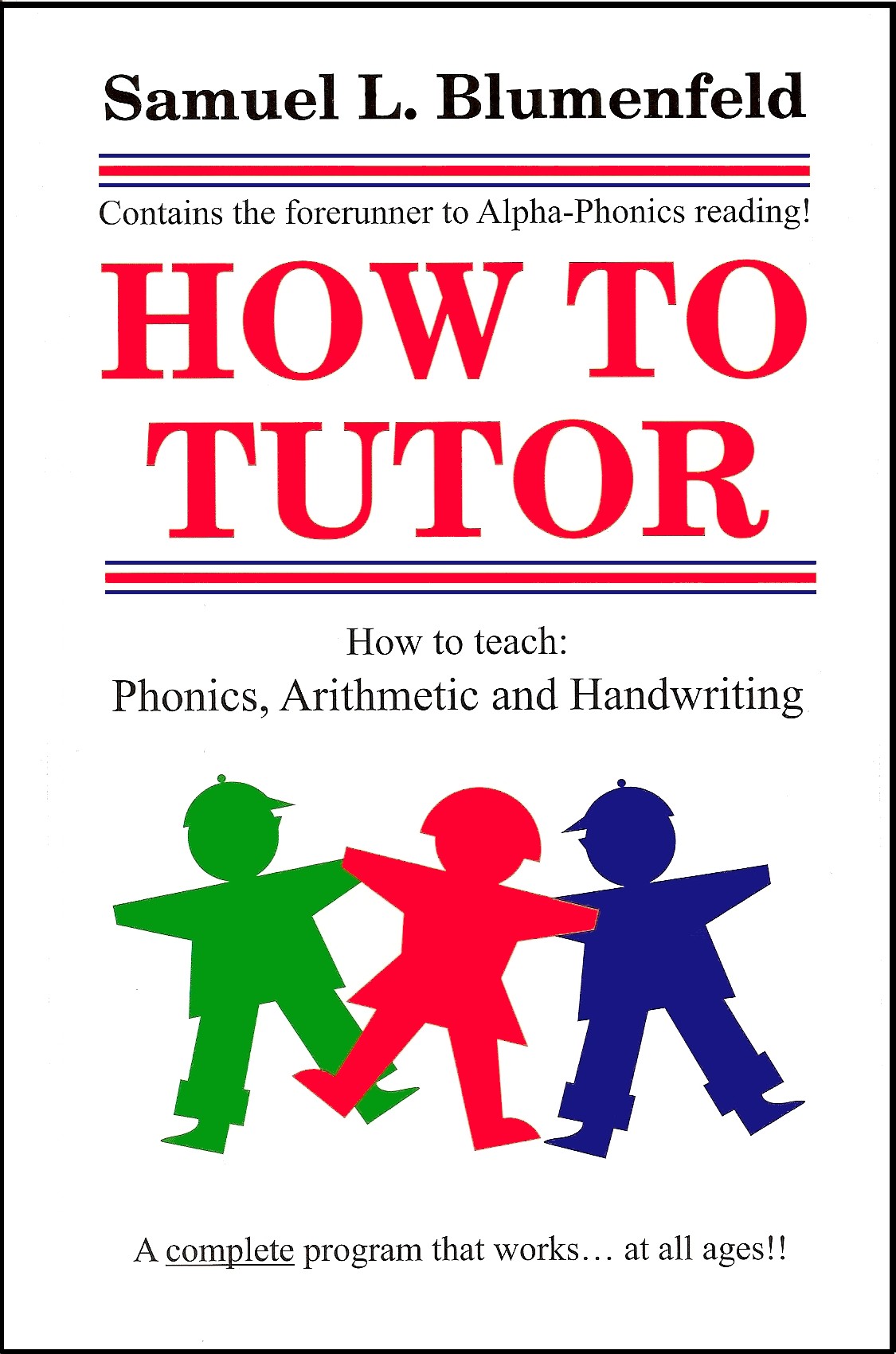OPINION: Why villainize Common Core when Georgia has never gotten math right?
Rather than math standards, we ought to look at math instruction
Common Core never mandated how Georgia taught or assessed students, which is why the state was able to create and give its own homegrown Milestones test. When Common Core State Standards became the political equivalent to smallpox, Georgia rebranded them in 2015 as Georgia Standards of Excellence.
But the Georgia-centric standards are still under suspicion. Georgia keeps fiddling with standards when it should be looking at instruction. Georgia is among the states that surveyed teachers and found many in elementary and middle school  don’t feel prepared to teach the more rigorous foundation necessary for advanced math in high school. A lot of that has to do with insufficient training in math, and, in the case of attempted reforms, insufficient retraining to master new approaches.
don’t feel prepared to teach the more rigorous foundation necessary for advanced math in high school. A lot of that has to do with insufficient training in math, and, in the case of attempted reforms, insufficient retraining to master new approaches.
If you look at the history of American education, you will find campaigns to revolutionize math instruction going back to the 19th century. But despite innovative forays, we haven’t substantively altered math instruction.
A great New York Times Magazine dive into the problem a few year ago aptly noted: “The story is the same every time: a big, excited push, followed by mass confusion and then a return to conventional practices. The trouble always starts when teachers are told to put innovative ideas into practice without much guidance on how to do it. In the hands of unprepared teachers, the reforms turn to nonsense, perplexing students more than helping them.”
In the PISA test results released last week from 79 countries and economies, Chinese students were almost four full grade levels ahead of U.S. students in mathematics. In China, even very young students are taught by a dedicated math teacher.
Go back to 2003. Georgia was among the lowest performing states in math on the SAT when Kathy Cox took office as state superintendent.
After researching math standards and outcomes around the world, Cox introduced “integrated math” to Georgia, citing its success in Japan where students were years ahead of American peers. “This is probably the single most important thing I believe we are doing for the future of Georgia,” said Cox at the time.
As the AJC reported in May of 2005 when the new math method was formally approved:
The state Board of Education approved a rigorous new math
curriculum Thursday that will send traditional algebra and geometry classes the way of the abacus and slide rule. The new math standards for Georgia high schools will require teachers to weave elements of algebra, geometry, statistics and other topics into their classes, instead of teaching them as separate branches of math.
The curriculum, which will be phased in over several years, is based on a Japanese model not commonly found in the United States. The state University System has endorsed the standards, which were revised over the past year by a panel including public school teachers, college professors and curriculum specialists.
All students will have to take the equivalent of Algebra II to graduate from high school, a significant strengthening of minimum standards.
Eventually, integrated math frustrated teachers who said the rollout was underfunded and the training inadequate to the challenge. In a 2014 survey of Georgia teachers, 84 percent said they were not in favor of the integrated model. They wanted to return to the more “traditional” approach, which focuses primarily on one kind of math in each course.
Parents were also not fans of Georgia’s math, saying they couldn’t help their kids any more with their homework. Some parents advocated going back to how they learned math 30 years ago.
Numeracy does not signify high-level math skill, but is the ability to understand and use mathematical information in daily life. Examples of numeracy questions include reading the temperature in a picture of a thermometer, figuring out from a chart of votes cast which four candidates received the least number and deciphering the sales price of a box of cereal after a percentage discount.
Your thoughts?
Support real journalism. Support local journalism. Subscribe to The Atlanta Journal-Constitution today. See offers.


 We have condensed this article. To red it in its entirety
We have condensed this article. To red it in its entirety  Alpha-Phonics
Alpha-Phonics The Alphabet Song!
The Alphabet Song! Water on the Floor
Water on the Floor Alpha-Phonics the Book on CD Rom
Alpha-Phonics the Book on CD Rom Blumenfeld Oral Reading Assessment Test
Blumenfeld Oral Reading Assessment Test How To Tutor
How To Tutor How To Tutor Cursive Handwriting Workbook
How To Tutor Cursive Handwriting Workbook